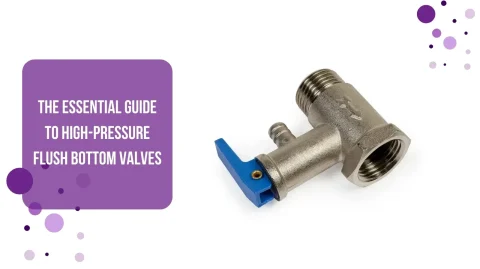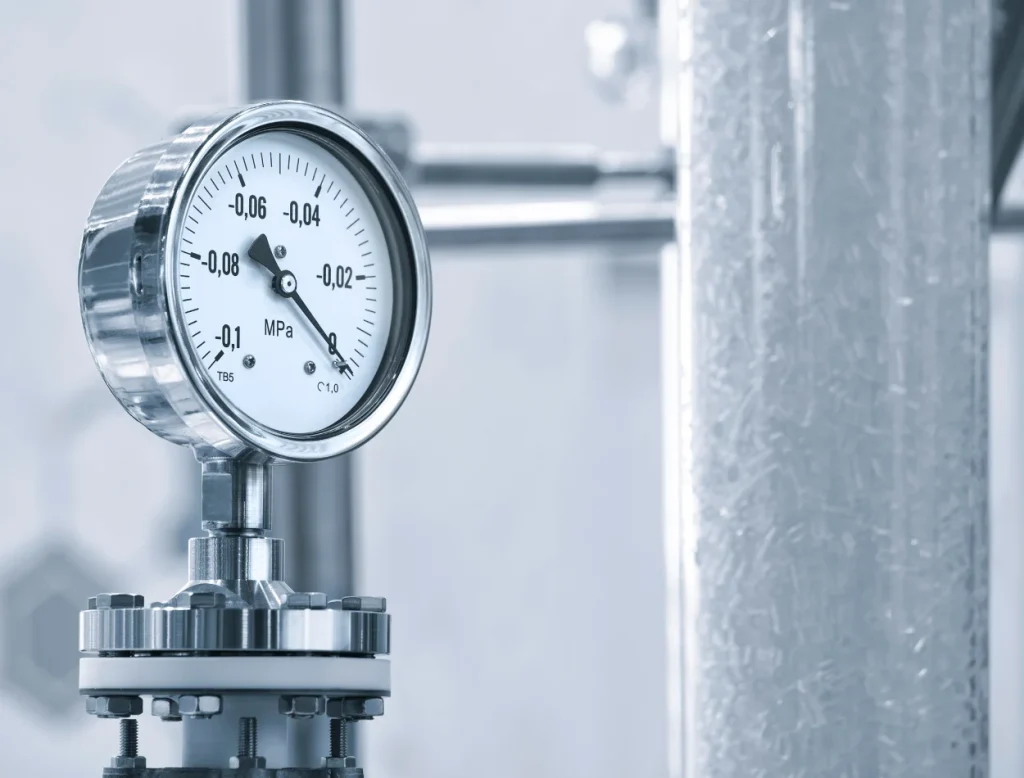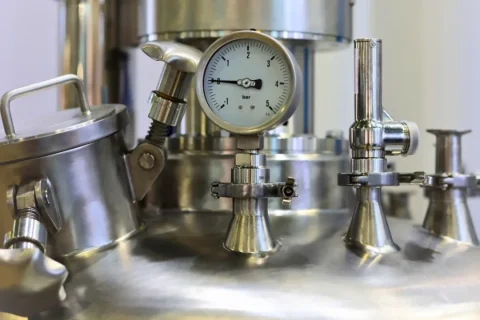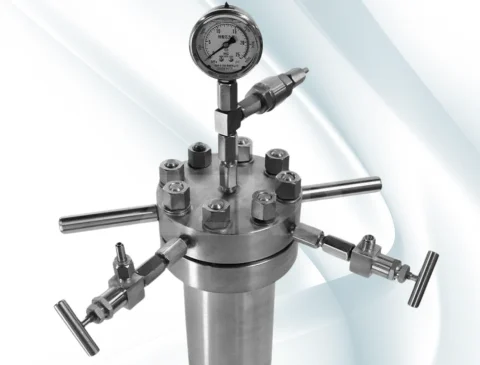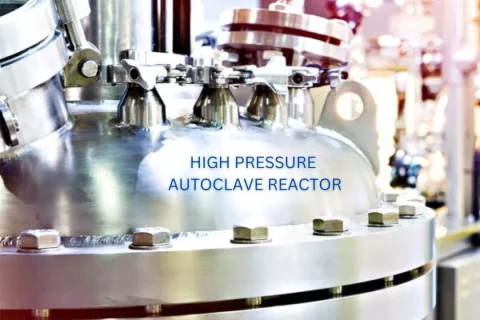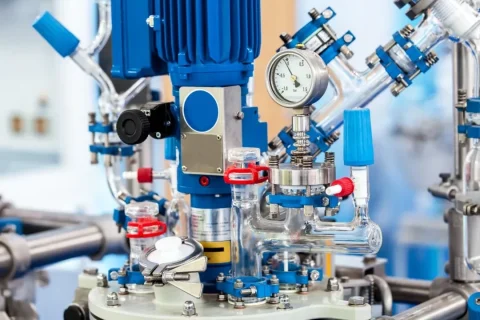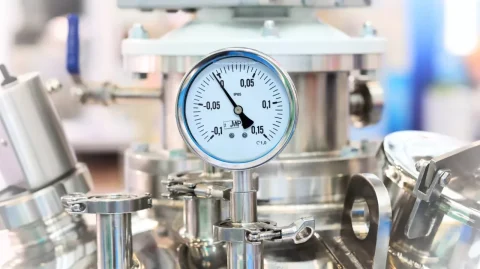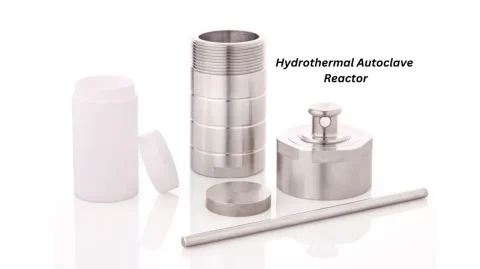Introduction
Scaling up chemical processes is essential for transitioning from small-scale lab experiments to industrial production. One key technology that supports this transition is the high-pressure autoclave reactor. These reactors are designed to handle reactions that require high pressure and temperature conditions, making them ideal for various industries, including pharmaceuticals, petrochemicals, and materials science.This article explains how high-pressure autoclave reactors help scale up chemical processes and why they are essential for efficient and safe large-scale production.
What is a High Pressure Autoclave Reactor?
A high-pressure autoclave reactor is a sealed vessel used to conduct chemical reactions under elevated pressures and temperatures. It creates a controlled environment where reactions that wouldn’t usually happen at room temperature or pressure can take place. By adjusting the pressure, temperature, and mixing conditions, chemical engineers can ensure that the reaction yields the desired product with high efficiency.
Why Scale Up Chemical Processes?
In a laboratory, chemical reactions are typically done on a small scale, producing small quantities of material. However, for commercial applications, larger quantities are needed, requiring a scaling-up of the process. Scaling up refers to increasing the size or throughput of the reaction to industrial levels while maintaining the same product quality.
Scaling up brings several challenges:
- Maintaining Consistency: The reaction should produce the same result on a large scale as in the lab.
- Safety: Higher volumes of chemicals can lead to safety risks if not adequately controlled.
- Efficiency: The process needs to be cost-effective and energy-efficient on a large scale.
How High Pressure Autoclave Reactors Help with Scaling Up
Here’s how high-pressure autoclave reactors make the scaling-up process more accessible and safer:
- Precise Control of Reaction Conditions
- High-pressure autoclave reactors allow precise control over temperature and pressure, critical factors in chemical reactions. This helps to ensure that the response behaves the same way when scaled up as it does in the laboratory.
- Handling Higher Volumes Safely
- One of the biggest challenges of scaling up is safely handling large amounts of reactants. High-pressure autoclaves are built with safety features such as pressure relief valves, rupture discs, and monitoring systems. These features ensure the reactor remains safe even under high pressure and temperature conditions.
- Uniform Mixing and Heating
- On a larger scale, achieving uniform mixing and heating becomes more complex, essential for the reaction’s efficiency and outcome. High-pressure autoclave reactors are designed to provide an even distribution of heat and mixing, ensuring that the reaction proceeds uniformly throughout the vessel.
- Increased Yield and Productivity
- By using high-pressure and temperature conditions, high-pressure autoclave reactors can often increase the reaction rate, leading to higher yields of the desired product. This is particularly important in industrial processes, where maximizing output is critical to profitability.
- Scalability of Equipment
- Modern high-pressure autoclave reactors come in various sizes, from small bench-scale units to large industrial systems. This allows companies to start small, testing their processes, and then scale up gradually without needing to change the fundamental setup of their system.
Examples of Applications
Many industries use high-pressure autoclave reactors to scale up their chemical processes. Some examples include:
- Pharmaceuticals: For large-scale production of drugs and active ingredients.
- Petrochemicals: For producing high-value chemicals from crude oil or natural gas.
- Materials Science: For synthesizing advanced materials like polymers, composites, and nanoparticles.
Conclusion
Scaling up chemical processes is critical in moving from lab experiments to industrial production. High-pressure autoclave reactors offer the precise control, safety, and scalability needed to make this transition successful. With their ability to handle extreme conditions and large volumes, these reactors are essential in modern chemical engineering, ensuring that industries can produce high-quality products efficiently and safely.
To purchase this product, please follow the links below.
1- Techinstro
2- Shilpent

